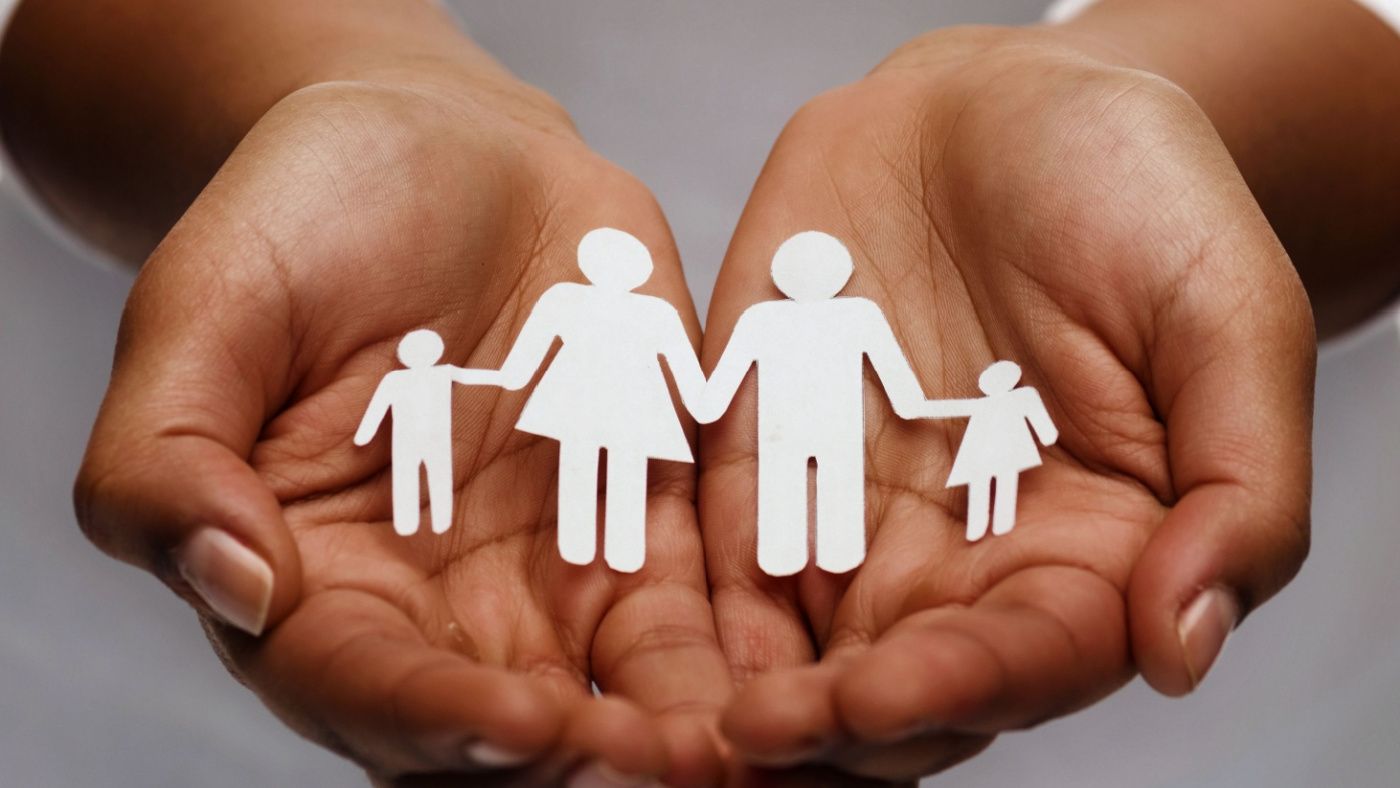Shanteya Hudson
Rural areas in North Carolina have long been grappling with limited access to services, from health care to internet access, and a unique nonprofit group is taking on these challenges and others, with young people at the helm.
Called “A Better Chance, A Better Community,” the organization in Halifax County is nicknamed “ABC-2.”
Makayla Johnson, recreational facilitator for the group, said one initiative it is focusing on is recreation equity, because having recreational opportunities is key to better health.
“In order for a community to be healthy and happy, they have to have access to things they can do, and recreation is not just having parks,” Johnson emphasized. “It’s making sure the areas are walkable and bikeable around town; it’s having things for our seniors to do, it’s having things for our kids to do. So, it’s about creating opportunities.”
Johnson pointed out they are also helping with resources to fight food insecurity, which is a big problem in rural North Carolina. ABC 2 developed a local produce box program, offering fresh foods to community members. The group is part of the Healthy Opportunities Pilot program with the state. One of the ABC-2 campaigns, School Meals for All, advocates for free breakfast and lunch at schools.
Right now, many rural areas are using American Rescue Plan Act funding to help build up broadband service. The North Carolina Department of Information and Technology estimates more than one million households in the state still lack internet access.
Johnson stressed they are making sure their communities are part of the conversation. She said ABC-2 is focusing on how to build digital inclusion, post-pandemic.
“We have a Digital Inclusion Task Force, also tying in the work we’re doing to the digital inclusion conversation, because a lot of counties in the state, but also in our area, notice an issue with the lack of broadband,” Johnson explained. “That’s one of the main focuses that they’re going to do for the ARPA funding.”
She added the group also participates in events like “Party at the Polls,” engaging more young people in the political process by helping them register to vote. The goal is to encourage them to learn more and make informed decisions which will affect their own health and well-being.


